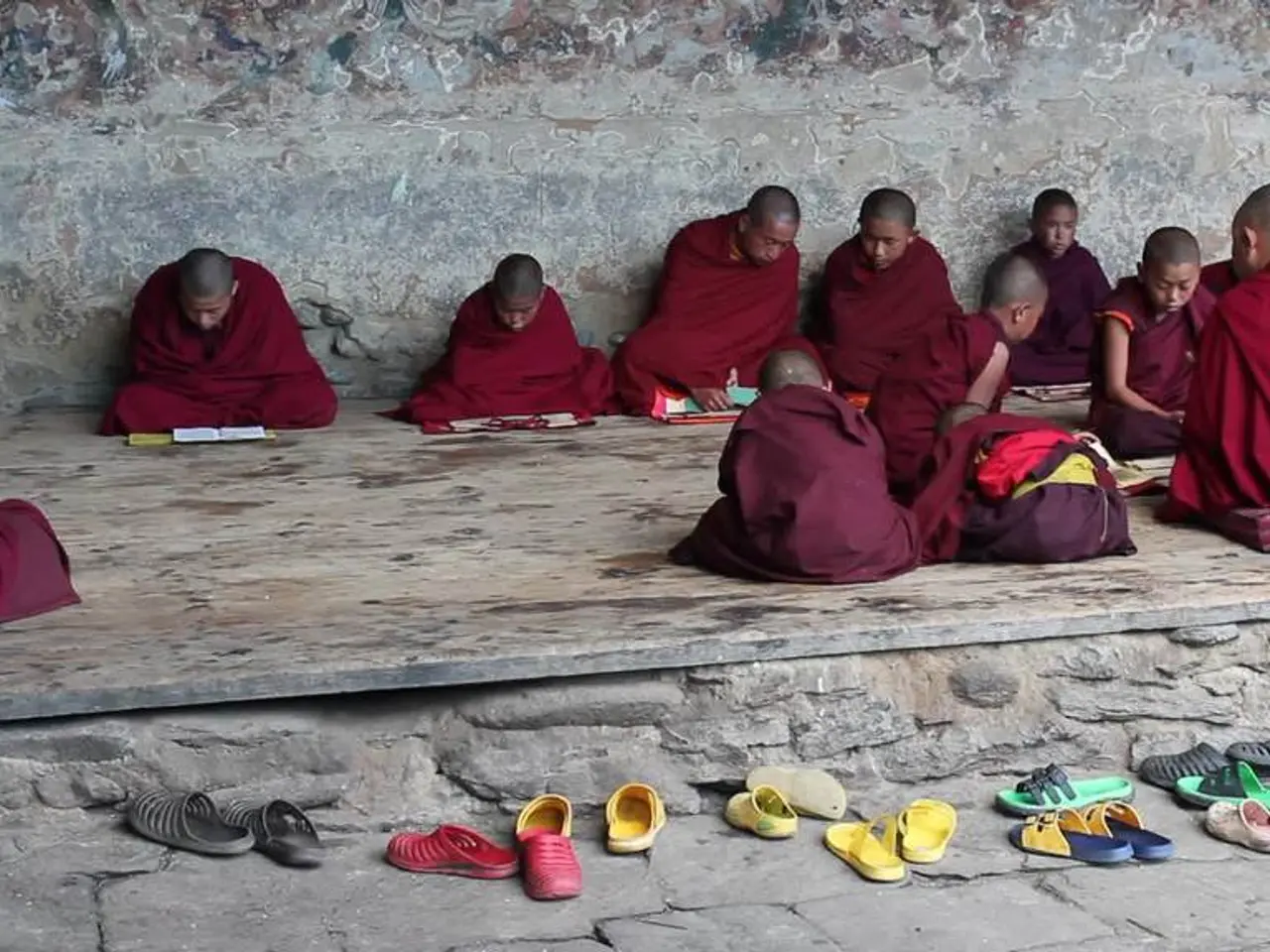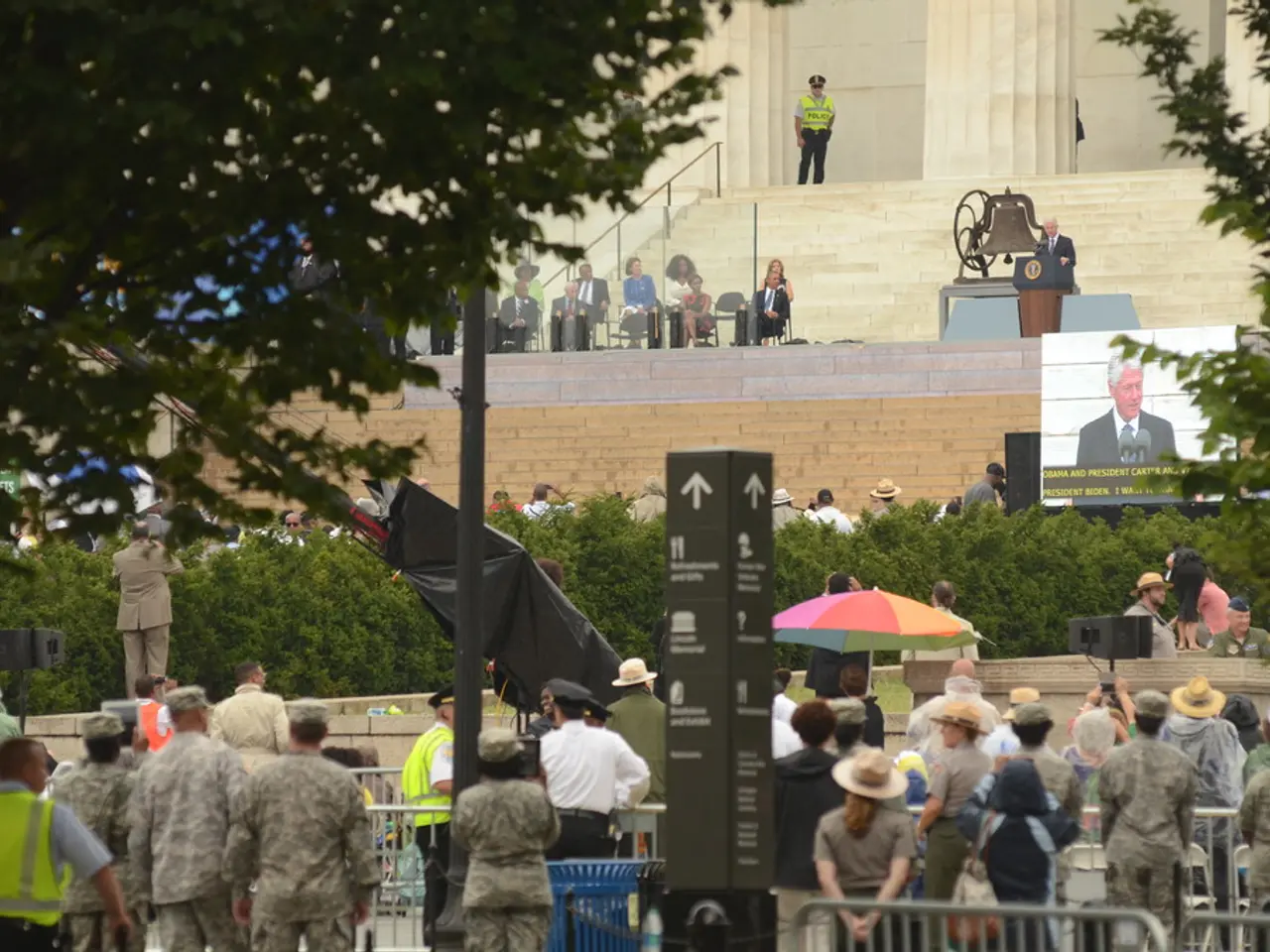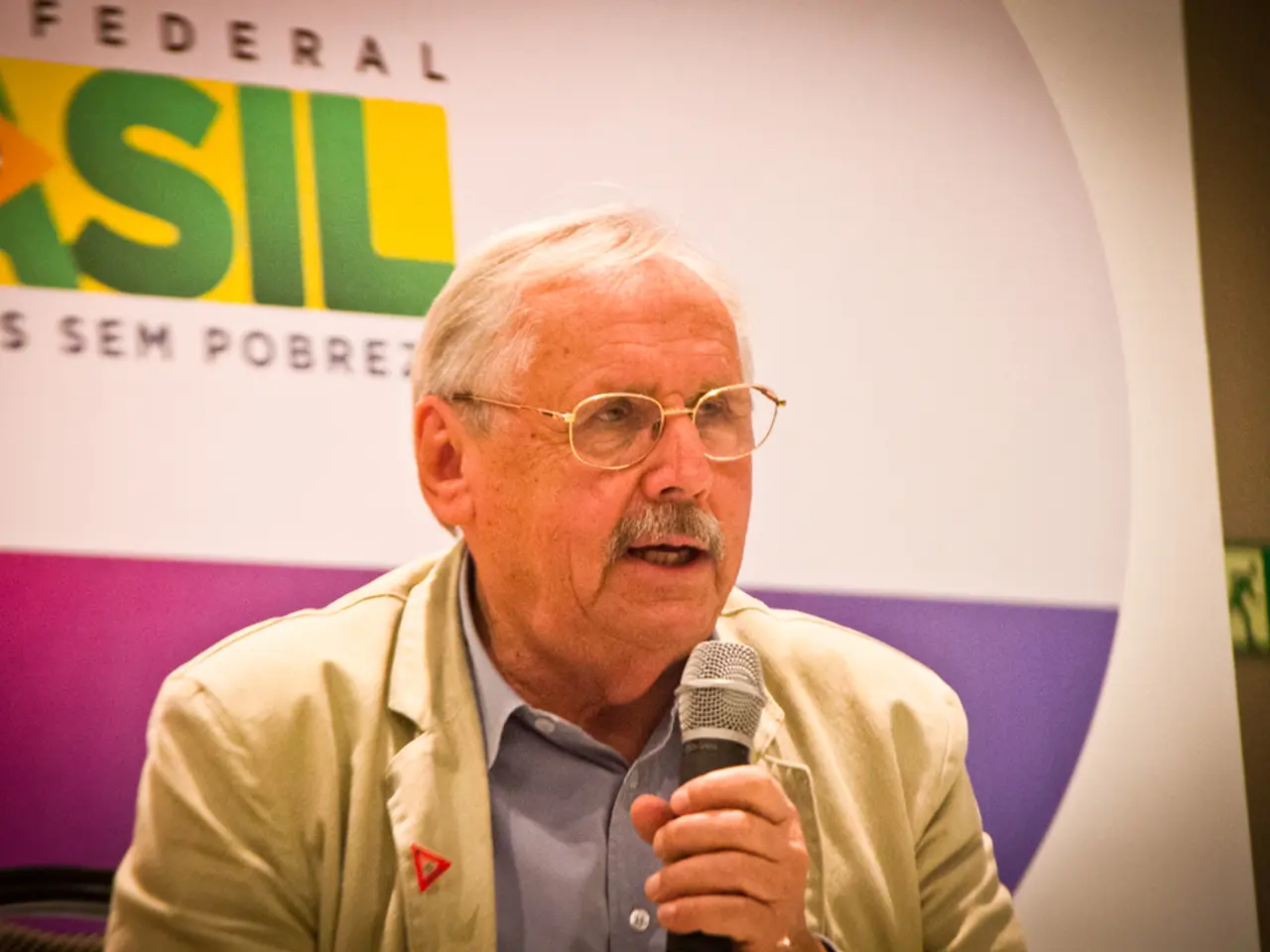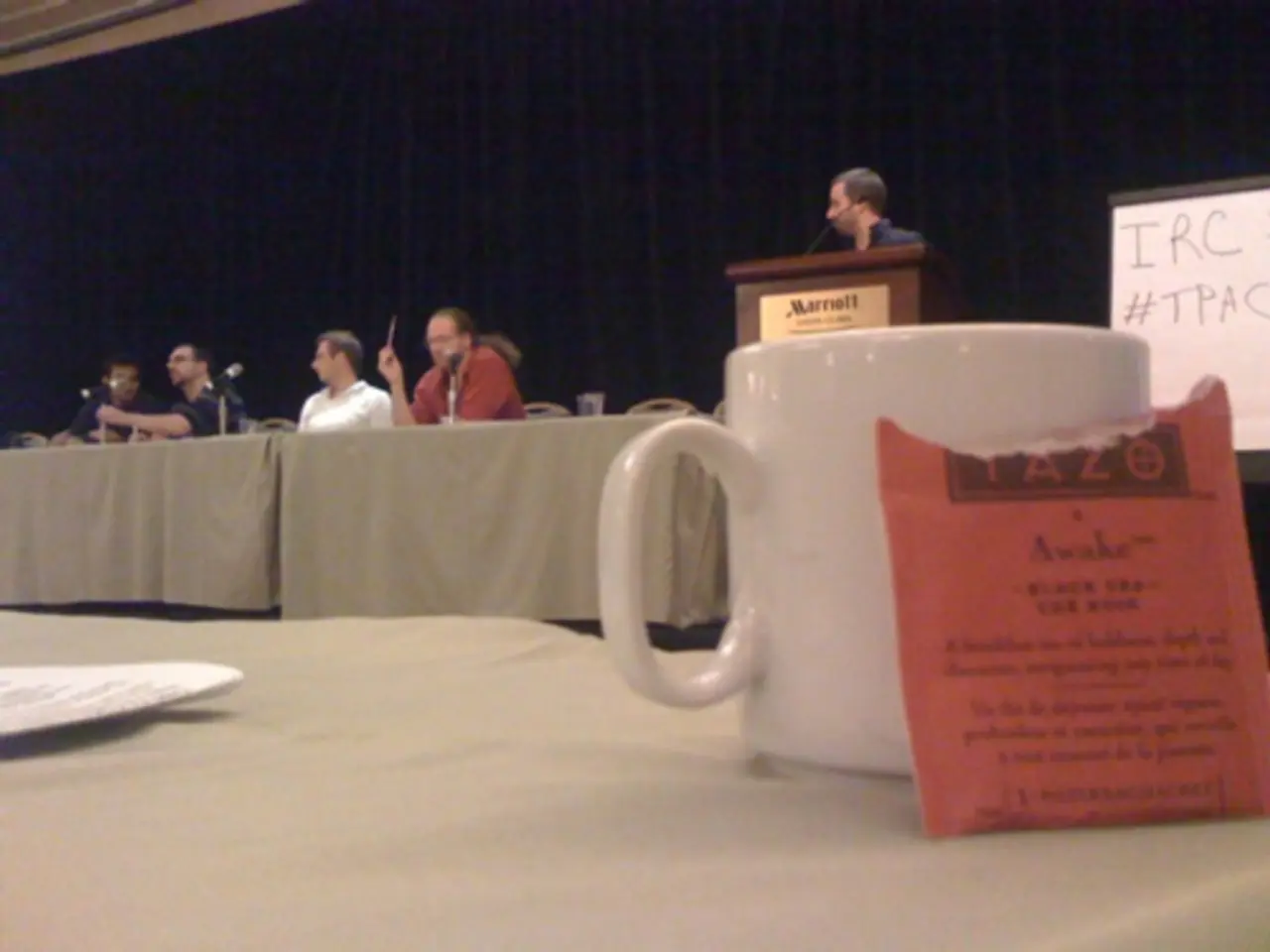Tibetan Buddhism's head figure, Dalai Lama, declares his intent to remain the final spiritual leader in this role.
As the 14th Dalai Lama, Tenzin Gyatso, approaches his 90th birthday on July 6, 2025, he is preparing to unveil an extraordinary plan for selecting his successor while still alive. This move marks a departure from the traditional Tibetan Buddhist process that begins only after the Dalai Lama’s demise.
Traditionally, senior monks and oracles search for signs to identify the reincarnation, often taking years and leaving a leadership vacuum. However, the 14th Dalai Lama has indicated that his successor will be named in advance and crucially, that the next Dalai Lama will be born outside of Chinese-controlled Tibet, ensuring that the reincarnation is not subject to control by the Chinese Communist Party (CCP).
This decision directly challenges Beijing’s desire to control the selection process, which has significant geopolitical implications given the CCP’s interest in asserting influence over Tibet and Tibetan Buddhism. The CCP has previously interfered in the reincarnation process, most notably with the contested reincarnation of the Panchen Lama, the second-highest figure in Tibetan Buddhism.
The European Union and other international actors have shown indirect support for the Tibetan Buddhist community’s right to determine their spiritual leadership without interference. This situation has created a potential conflict between Tibetan leaders in exile, who align with the Dalai Lama’s vision of a free and independent religious succession, and the CCP, which seeks to impose its own candidate to legitimize its authority over Tibet.
In a video message to religious elders in Dharamshala, India, the Dalai Lama stated that the Gaden Phodrang Trust has sole authority to recognise the future reincarnation of the Dalai Lama. He also emphasised that the office of the Dalai Lama should carry out the procedures of search and recognition of the future dalai lama "in accordance with past tradition".
Experts suggest that the emergence of two rival Dalai Lamas is possible: one chosen by the Dalai Lama and the other by the Chinese Communist Party. This potential conflict highlights the intersection of religion, exile Tibetan leadership, and Chinese state interests.
References: [1] The Guardian. (2021, March 17). Dalai Lama says his successor will be born in the 'free world' outside China. Retrieved from https://www.theguardian.com/world/2021/mar/17/dalai-lama-says-his-successor-will-be-born-in-the-free-world-outside-china
[2] BBC News. (2021, March 17). Dalai Lama says successor will be born in free world outside China. Retrieved from https://www.bbc.com/news/world-asia-56458682
- The Dalai Lama's decision to name his successor before his passing and to have the next Dalai Lama be born in a location outside of Chinese-controlled Tibet opens up the possibility of a significant clash between the Tibetan leadership in exile and the Chinese Communist Party (CCP), as the CCP has historically sought to control the reincarnation process.
- The announcement that the Gaden Phodrang Trust will have sole authority in recognizing the next Dalai Lama, and the potential for two rival Dalai Lamas – one selected by the Dalai Lama and the other by the CCP – highlights the complex intersection of religion, politics, policy-and-legislation, and general-news, with geopolitical implications affecting not only Asia, but also the world as a whole.






